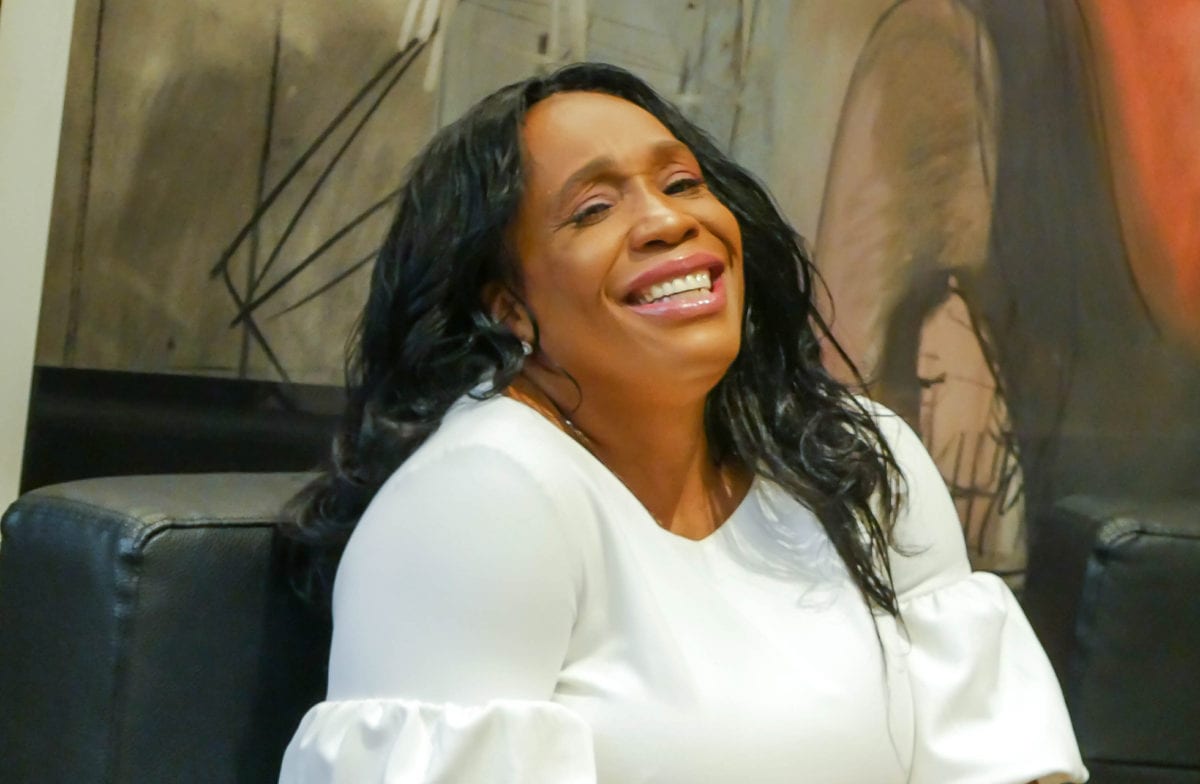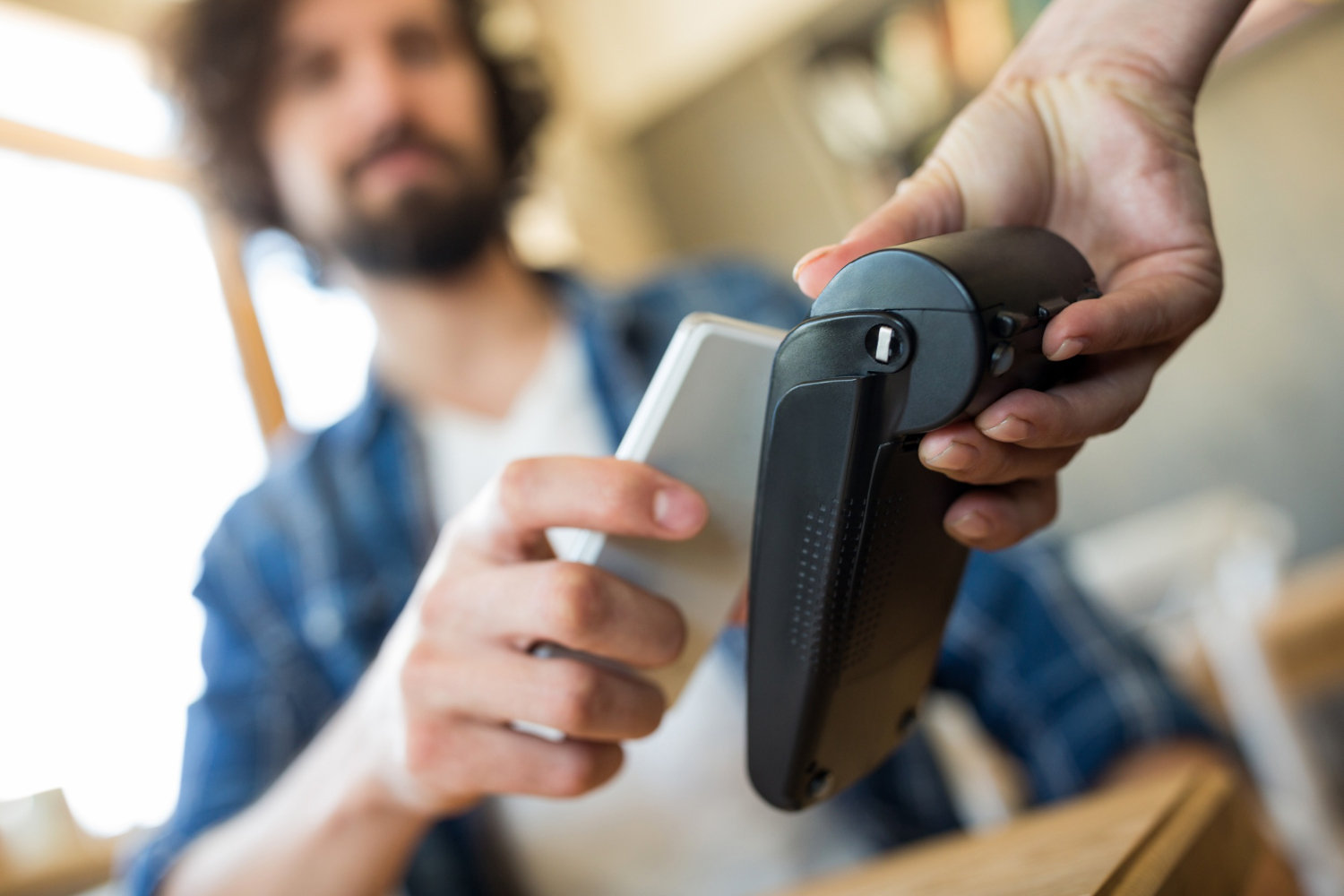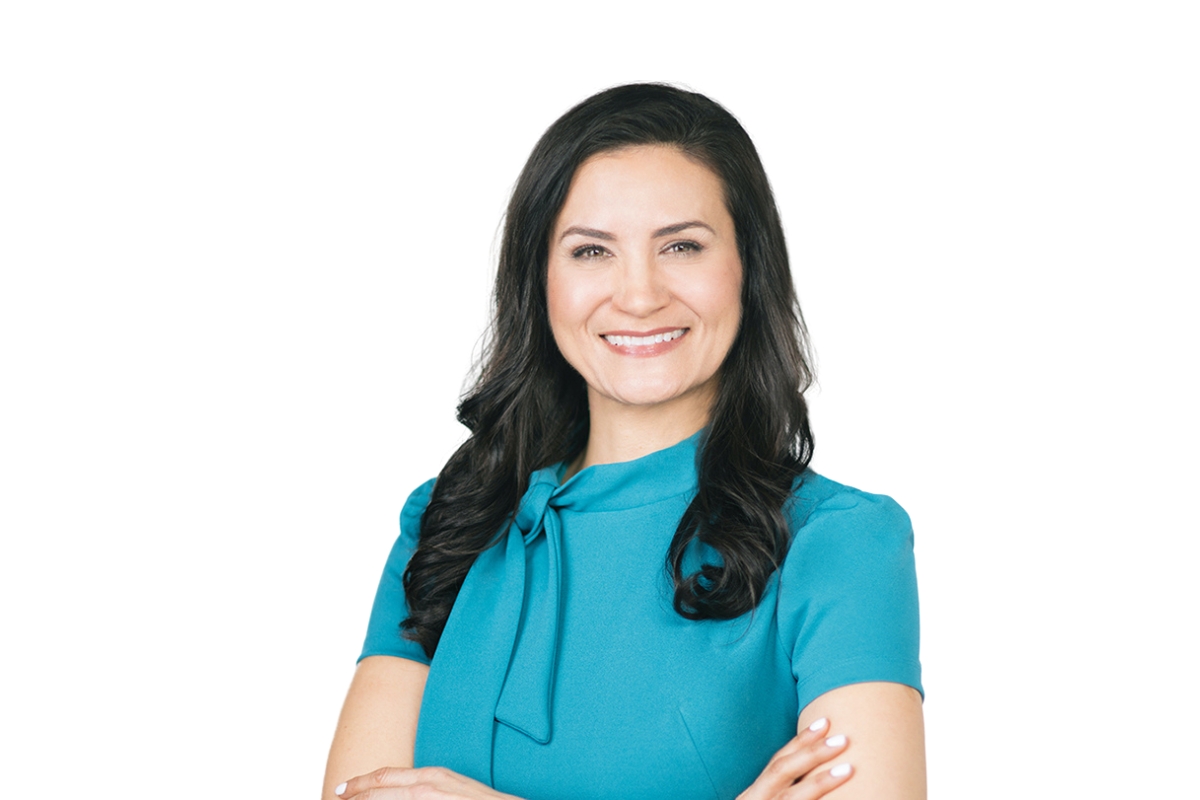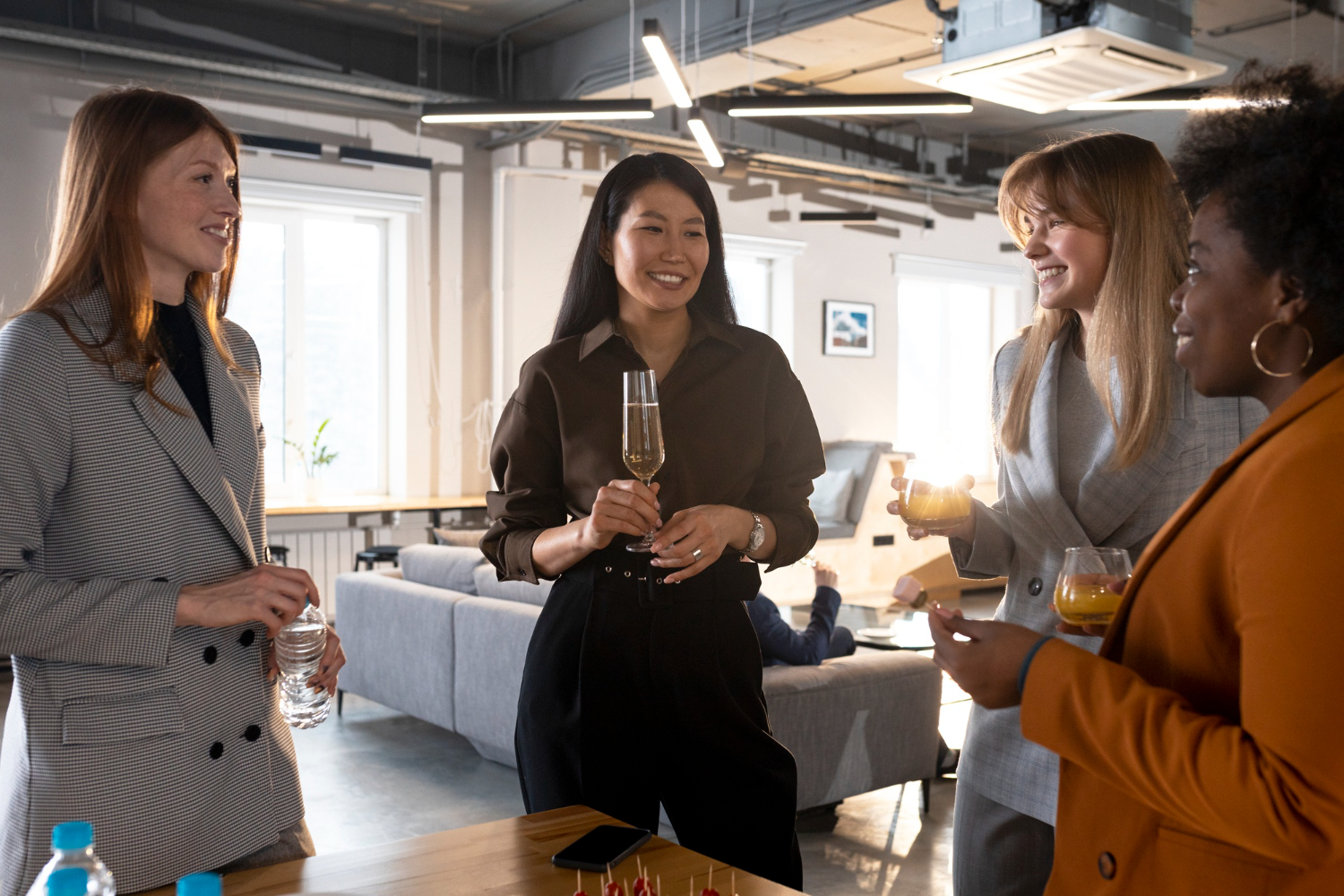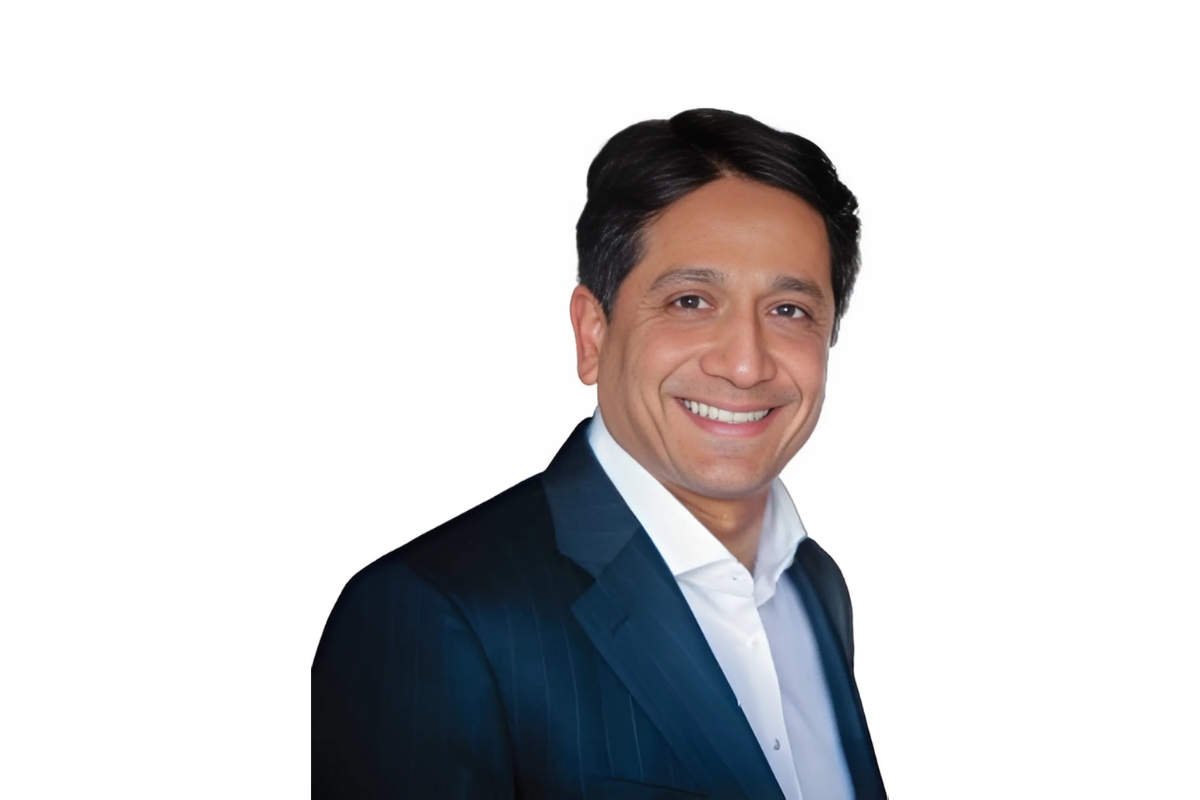Althea Clarke moved to Canada when she was a child and built her own success story. After earning certificates in business operations and hairstyling, she opened her own salon, which she ran for more than a decade in her adopted hometown of Calgary. She parlayed that success and her unique personality into her own TV interview show, Island Tea with Althea, which is broadcast across Canada on Rogers’ OMNI TV. There she’s interviewed many notable community figures, from elected officials like Calgary Mayor Naheed Nenshi and new Alberta Premier Jason Kenney to world-renowned musicians. Her book, Removing the Mask, is available right now on Amazon. She took some time out of her schedule to speak with The Edge.
You ran your own business for many years before your TV show. What did you learn as an entrepreneur that has helped you on your show?
I learned that business is difficult, first and foremost, and I believe that it has to be a team effort. I found it difficult when I first started, not knowing how to relate to my staff. The team is important because they make a big part of your business, so I think [that] team-playing was big for me. Leadership is important; you need to have leaders. If there are people who are not like-minded or on the same page you have to cut them loose – because the price could be the growth of your business, or even losing your business altogether.
You have a very unique interview style. How did that come about, and what does it add to your show?
I’ve always been a unique person. I think [that] if you are gifted with a certain talent or purpose, it comes out naturally. If you were born a great cook, you can still burn something – but if you continue to develop that skill, then you’ll really see it’s something you were born with. It was made for you. Purposeful.
How do you feel this adds to your show?
I believe that [my style] touches people, and that’s really important to me. I like to share my values because I do think they’re good values, and along with my style and uniqueness, I feel like I can actually touch someone’s life and it can really help.
For instance, I think inspirational thoughts every day; I meditate, I pray, and I enforce positive thoughts in my mind. As soon as I share a video, somebody calls me and says, “I needed this, oh my God, you can’t believe how you saved me.” So you learn to give thanks to God first thing in the morning so that you can succeed the rest of the day, and you’re going to reap the benefits sometime, some way – you’re going to sow the seeds and then you’re going to reap the harvest.
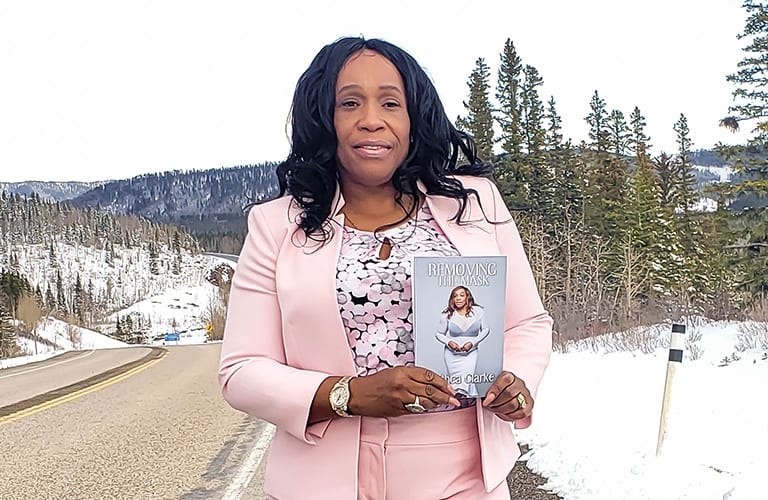
You’ve said that you’ve been inspired by failure because it makes you work harder. Can you elaborate on that?
Yes. I have failed many times in my life, and I didn’t understand my failure and I didn’t understand why I was failing. There were times that I thought I was cursed, that I had bad luck on me, that I thought I wasn’t a good person, but as I investigated and continued to pray and meditate, I realized that all my failures were my successes. They did not define who I would become. So, failure is a part of all of us, it is what grows us, because I think [that] if we succeeded in everything we did, we would be bored. We wouldn’t see the value in success, we wouldn’t be thankful, and we probably wouldn’t continue pushing, so failure becomes our success.
I always say that Maya Angelou – if she had died at 20 years old, she would have died as a single mother, a rape victim, a prostitute, and a homeless woman; instead, when you hear Maya Angelou’s name it holds power, it stands for honesty, character – it just holds so much. The hard times didn’t define her; her struggle was part of a great success.
How did your experience moving to Canada at a young age shape you as an entrepreneur?
I believe that growing up, going through a lot of defeat and knowing that I wanted better than what I saw around me and where I’m coming from, I wanted to do better, I just wanted to be better. I didn’t want to be left without; I didn’t want to just exist. It didn’t have anything to do with [the place] I came from because I came here very young. I just knew I wanted to be remembered as a magnificent person.
In Grade 6 I ran track and field for the city, breaking records, and I was on my way to the Olympics. I turned 17 and was about to go run for Canada in the Olympics, but at 19 I got pregnant. I always knew that I wanted more and I just never ended up there, but coming to Canada didn’t really shape anything compared to [living in] the Caribbean, because I didn’t know the Caribbean. I’ve been here for 48 years of my life.
What’s your experience been like bringing some “island” flavor to your community in Calgary?
It’s been tremendously hard. Our community can be hard; we are stubborn, and everyone can’t be the same thing. Some of us have to be doctors, some have to be lawyers, [and] some have to be dentists, but we can’t all have the same spots. If we do have the same spots, there’s a lot of room for us to grow, but for some reason our culture doesn’t seem to get it. We’re still working really hard to get the support from the Caribbean and the African community in Calgary. I find that the Africans believe we are separate – they don’t believe black is black, they believe we are different people, different races, which, for me, is very unbelievable. So, I do find the Afro-Caribbean community a bit hard to pull together, but I believe with hope and faith anything is possible. It’s one race, one nation, right? Anything is possible.
What are your long-term goals for the show?
My long-term goal for my TV show is to show unity, to show our community that we all can be successful, we all can be talented, and I’m hoping that I can bring us together by integrating the government with the community, by inspiring different interests in Afro-Caribbean people. I want them to know that they can be trustees, they can be doctors, they can be mothers if they choose – they can be a TV personality! We just have to work together.
The biggest thing for me is to learn respect and love for each other in our community. We don’t respect each other, and we don’t love each other, and I think that’s because we don’t love ourselves. Once we start to value ourselves, we are going to value people who look like us. For me, that’s the fight right now: to realize that we are important, we are loved, and we are special. The word is “unity.” I just want unity among black people because once we achieve that, we will be unstoppable.
Shirley Graham | Contributing Writer
Share this blog:

